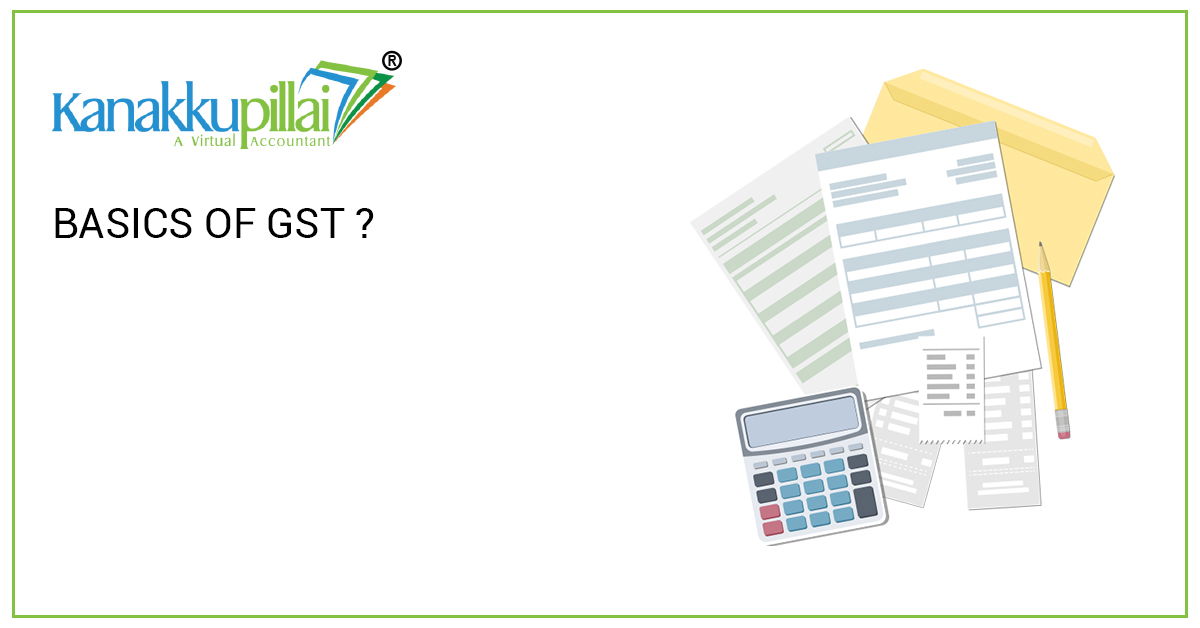Last Updated on September 6, 2025
When on July 1, 2017, India launched the Goods and Services Tax (GST), it was hailed as one of the biggest tax reforms this country has ever witnessed. It even became known as One Nation, One Tax by the government. But to many ordinary citizens, the idea of GST is confusing and technical. We will break it down to a humanised level so that we can understand what GST is, its significance and how it will impact us in our day-to-day lives.
What is GST?
There was once a complicated structure of taxes in India; excise duty, service tax, VAT, luxury tax, entertainment tax, entry tax and the list is endless before GST. Each state had its own rules, and this left both the business and the customer confused. These were all abolished in favour of a single, unified tax on goods and services in the country, GST. Whether you buy a packet of biscuits in Haryana or a mobile phone in Kerala, GST works the same way everywhere. Think of it as a single umbrella tax that combines many old indirect taxes into one. GST implies that you would pay a single tax, which would fairly be distributed among the Central and State Governments, rather than paying multiple taxes at different levels.
Why Was GST Introduced?
GST was not a complex concept where:
- To simplify the taxation process, it is now mandatory that businesses submit one GST, instead of many taxes.
- To pay tax on tax: In the past, you used to pay both the cost of an item that was liable to VAT and also excise duty, i.e. two taxes. This cascading effect is removed by GST.
- To create a single market: Companies are now able to sell in any part of India and not worry about different state taxation.
- Be in a position to lower prices (in theory): With the elimination of hidden taxes, the prices will be more transparent.
How Does GST Work?
GST is a value-added tax, and this means that this value-added tax will be paid at every point along the supply chain, between the manufacturer and the wholesaler, retailer and the customer.
Let’s take a simple example:
- Imagine a farmer selling wheat to a miller — GST is added at this stage itself.
- The miller sweeps flour and sells it to a bakery. GST is charged again.
- The bakery is the bakery which bakes bread and sells it to you. GST is charged once more.
The thing is, any business can claim the GST that they paid during the last step. This is called the Input Tax Credit (ITC), and as such, the end consumer (you and me) pays the tax but not the businesses in between.
Types of GST in India
- GST is available in four forms based on the place of consumption of the goods or services:
- CGST, or Central GST, is the part of the tax that goes directly to the Central Government.
- SGST (State GST): a State Government charge.
- IGST (Integrated GST): It is paid by the Central Government in case of interstate sales (e.g. a seller in U.P. and a buyer in Delhi).
- UTGST (Union Territory GST): a tax imposed in a Union Territory that lacks a legislature, like Chandigarh or Lakshadweep.
GST Rates
GST is not a flat tax, but it consists of a number of slabs, depending on the nature of goods or services:
- 0%: The simple foods like milk, fresh vegetables, and fruits.
- 5%: Food, drugs, etc., packages.
- 12% and 18%: This range is composed of the majority of goods and services which people use on a daily basis: soaps, mobile phones, and restaurants.
- 28% GST is charged on luxury and sin goods — things like cars, air-conditioners, and tobacco products.
This way, GST will be equal, necessities receive low taxes, and luxuries receive high taxes.
How does GST impact us?
GST is present in the life of an ordinary citizen almost everywhere:
- GST already exists on the restaurant bill you pay.
- The online shopping invoices display GST.
- Your power or cell phone bill is GST, too.
GST was a boon and a burden to businesses. As much as it has simplified the whole process of paying taxes, filing GST returns online, having computer records, and matching invoices can be a challenging task at times, especially when small traders are involved.
Criticism of GST
GST is not a radical reform, but it has not escaped criticism:
- Complex filing system: Micro businesses do not necessarily excel in the field of compliance.
- The GST Council often changes its rules and rates, and these frequent revisions can feel unpredictable for businesses and consumers.
- Instant impact on the small traders: They say that the GST has initially increased their expenses, but now it has decreased.
- Nevertheless, despite these problems, GST has certainly made the taxation system in India easier.
Conclusion
The Goods and Services Tax is not just a tax; it is an attempt to simplify the complex taxation regime of India and to introduce sanity into the taxation regime. To the common man, its meaning is the amount we are paying in tax on commodities and services. To businesses, this means simplification of interstate trade and the single market. There are still areas in which GST can improve, especially with respect to small traders and compliance, but already, GST has changed the way India perceives taxation. Its basic principles can help us see why it was introduced, and how it affects our lives, from the cup of tea we get at a roadside stand to the computer devices we order online.
Related Services





